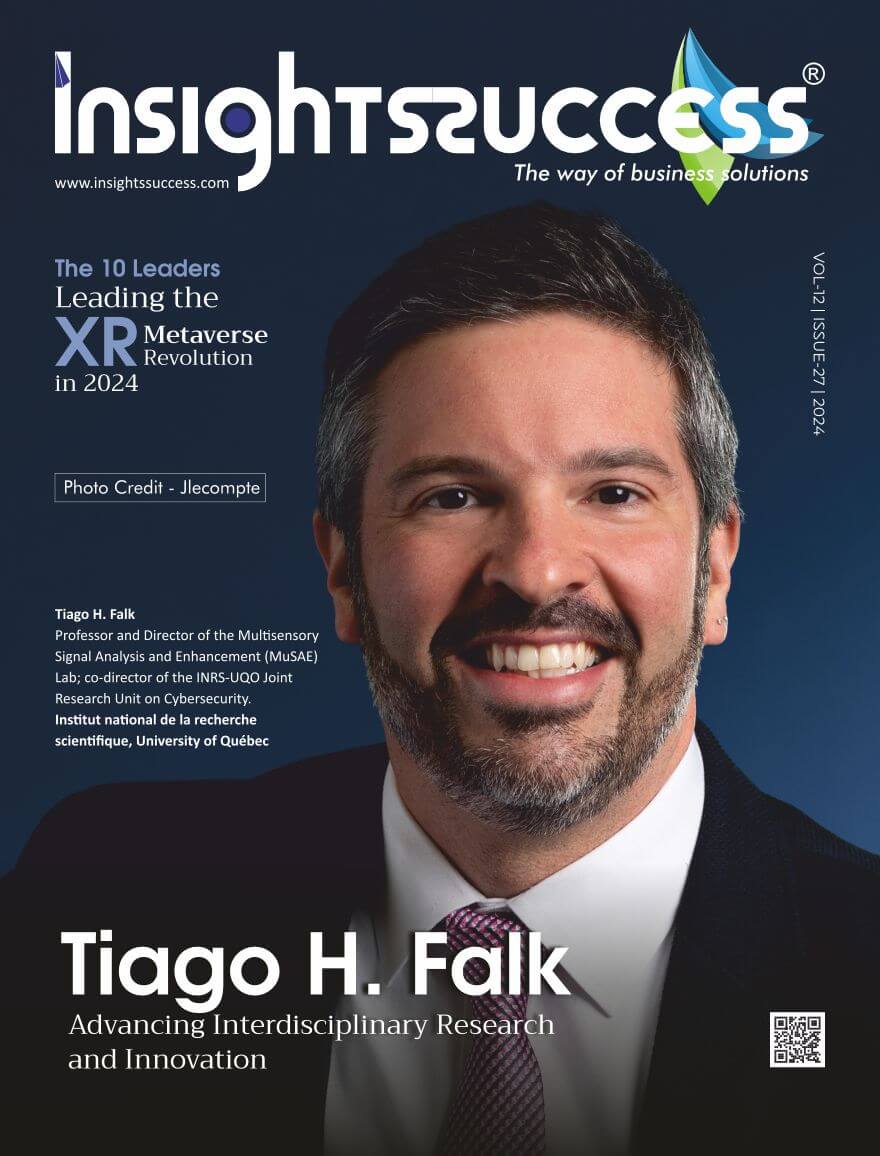Today, companies are searching for more fully integrated logistics solutions. They demand full tracking of their shipments from the factory to the final destination using one platform. They also want to be able to arrange the shipments across all modes and to be notified of delays as soon as it becomes apparent that a delay is inevitable. This allows the company to make alternative arrangements to re-route shipments if necessary, while fully weighing the costs of doing so.
Freightgate started with internet-based Track & Trace and expanded the offerings from Tariffs into a fully functional global Logistics Cloud Platform. Now, the Freightgate Logistics Cloud platform spans: Multimodal Transportation Management, Rates, Schedules, Global Visibility, PO Management, Compliance, Analytics and Work-Flows. The company has a lively ecosystem across partners, carriers and modes. Freightgate strives to provide innovative logistics solutions, fostering global collaboration and productivity.
Architect behind Freightgate
Martin Hubert is the CEO of Freightgate. He has more than 30 years of experience providing IT solutions to the logistics industry. He began his career in 1994, by founding a company that focused on providing track and trace capability over the internet through establishing EDI capabilities with carriers. Martin then founded Freightgate in 2000, with a vision to improve the IT environment for logistics companies and shippers.
Martin’s core value is the passion for innovation and never-ending improvements. He strives to provide innovative logistics solutions, fostering global collaboration and productivity, while building a highly configurable platform with a global-by-design philosophy. Martin will continue to deploy technology to find smarter ways to solve today’s and tomorrow’s supply chain challenges.
Extraordinary Customer Oriented Approach
Freightgate has a professional team of “out-of-the-box” thinkers with in-depth experience. They orchestrate solutions to customer needs using the global-by-design platform. Freightgate sets itself apart from the rest by pairing their technology platform with deep industry experience.
“Every process is under investigation and if we can do something better, we’ll discuss it and act accordingly. This is where the customers have the biggest advantage. They present their ‘current state’ and sometimes ‘ideal state’ processes. Freightgate comes up with multiple ways to get there. It is this challenge that is born out of the dialogue and collaboration with our customer that fuels the creative thought process and leads to mutual success,” asserts Martin.
Inspiring Journey of Freightgate
Freightgate started as a centrally hosted collaboration platform to share shipment information by using the then-nascent internet as a backbone. Getting people to share this vision early on has had its challenges, but grit and perseverance paid off. Adding functionality driven by a fusion of Freightgate’s vision and customer demand has been a fun ride that the company hopes to continue.
Team Freightgate’s Viewpoints on Massive Advancements in Technology
The team believes that opportunities with IoT and AI are to reduce the impact of delays in shipments before they become major disruptions and have severe economic consequences. AI can also be used in supply chain planning, looking for ways to improve the supply chain processes overall. The challenges with IoT devices are to find signals to send the data. With AI, it’s having the resources to develop your AI capabilities and the data with which to work. You typically need very large data sets, you have to observe the decision-making process, and have to create algorithms that can incorporate that decision-making process plus all the variables and make better decisions.
Team Freightgate thinks that with Autonomous Vehicles, the opportunity is to improve operational efficiency and routing and lower costs. The challenges come from the regulatory and liability perspectives. With Electric Vehicles, the opportunity is to lower carbon emissions and perhaps even fleet maintenance costs. The challenges will be the range of such vehicles. Can you create batteries that offer enough range to keep a driver on the road during his permissible hours? How often will the batteries have to be replaced? What are the costs of charging and maintaining batteries versus fuelling and maintaining engines?
Future Roadmap of Freightgate
Freightgate is exploring strategic partnerships and working with its customers on new product development initiatives. Freightgate will take continued pride in sharing its knowledge and ever expanding/growing services to better assist the needs of its customers in the logistic industry.
Martin’s advice for the Budding Entrepreneurs
“The Cloud TMS market is very volatile and needs constant innovation, so listen to what the market is telling you.”



















